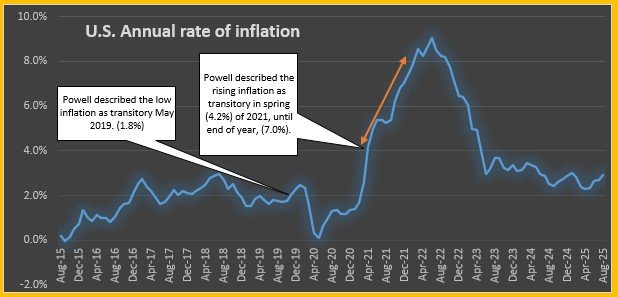Some of this doesn't affect me directly, since my property taxes are frozen, but on several recent news broadcasts, reporters have been speaking with residents about rising property taxes and how those costs will be a deciding factor in whether or not they can afford to buy a home, even if interest rates drop. Many say they cannot afford a home, no matter how low interest goes, since the property taxes and insurance are rising faster than any interest they might save.
I do not understand the need for taxing authorities to increase property tax rates, when they are automatically collecting more taxes as home prices rise every year. Most homes where I live are selling for 3-4 times what they were 15 years ago, yet they always find a way to justify raising taxes for more and more money. [We are not a growing community that requires more law enforcement or city services. Our population has stayed the same for 20 years.]
And we're not seeing improvments from higher taxes. Most of us are dodging potholes, and we have old water lines that constantly break, and just get patched. A city truck stopped some days ago and dumped gravel in a big pothole in front of my house instead of a proper repair. Two red lights downtown have been out over a year and we have stop signs now instead because the city says they can't afford to fix the traffic signals.



